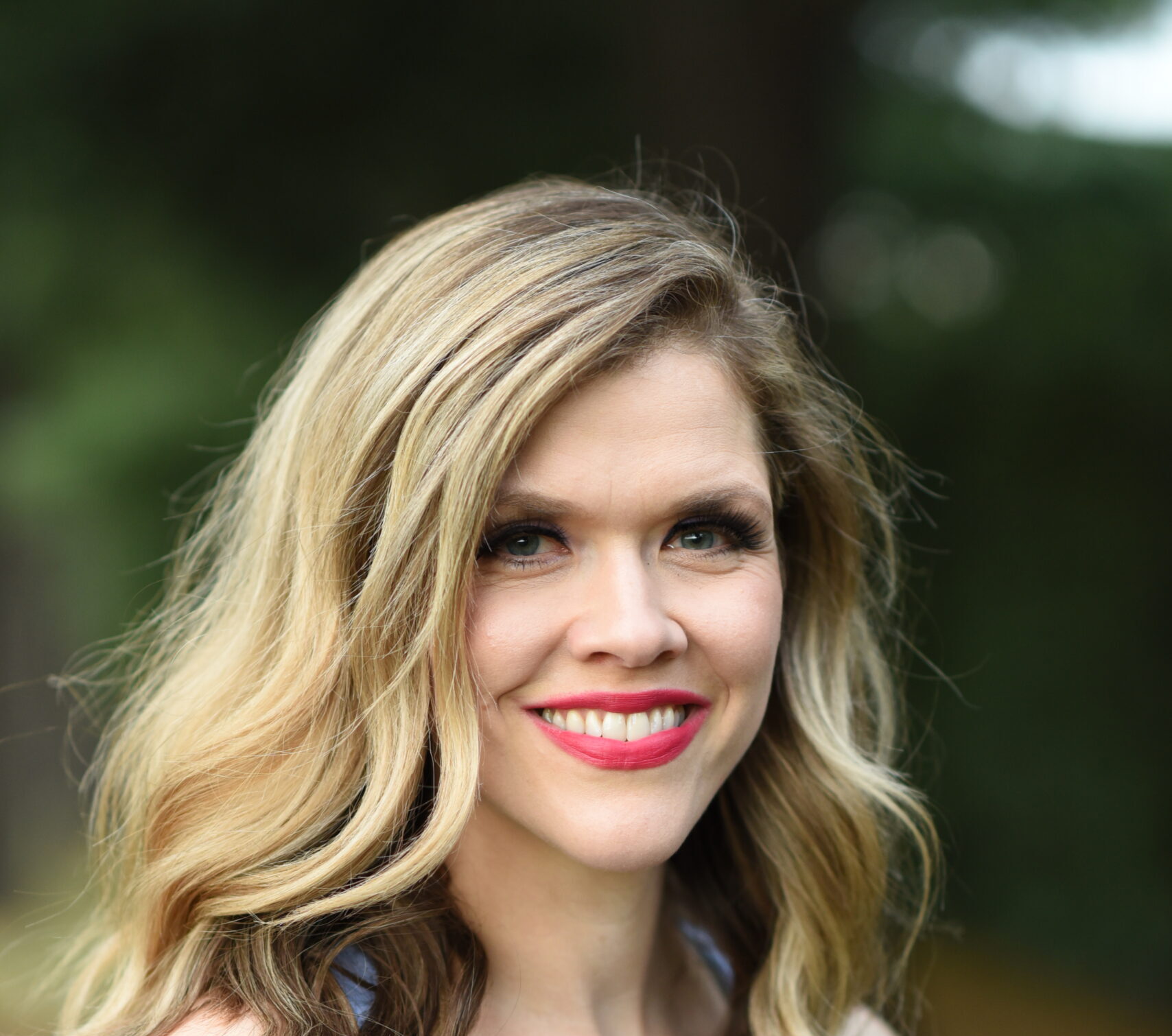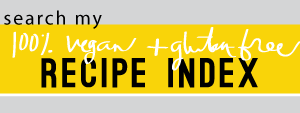[Note: This post is not for the faint of heart! I understand that you most likely don’t have hours of leisure to read my rather lengthy blog posts, so I typically try to keep them short and to the point, but as you can see, I have many things to talk about. Please forgive me for my length today.]
This past weekend I had the amazing opportunity to meet with some real movers and shakers at the Wellness Forum’s Fall Conference in Columbus, OH.
A few of them include, Dr. Ralph Moss, a well known and published medical writer who performs independent research on claims relating to conventional and non-conventional cancer treatments available around the world, Dr. Matt Brown, M.D. a lifestyle medicine doctor located in Boone, North Carolina, as well as whistle blower, Glenn Demott (read his story here), an ex-pharmaceutical rep for Pfizer, who is in part responsible for uncovering illegal marketing techniques which will cost Pfizer a record $2.3 billion, the largest criminal fine in U.S. history. I will discuss this and more, including posting pictures and sharing my experience with meeting some pretty remarkable and inspiring people in upcoming posts (and the food, the food, the food, was absolutely delectable–I did not eat one thing all weekend that was not prepared by Chef Del and all I can say, is I wish I could have taken him home with me!).
Going to this conference has made me think a lot about why more people don’t know about the role of diet and disease progression and reversal. I would never suggest that evidence exists to demonstrate that you can “eat your way out” of a brain tumor or other such devastating cancer or disease, but I have seen and experienced enough to know that the role of a proper diet and lifestyle choices are so much more powerful than most people (including, perhaps maybe even especially, licensed health care professionals) acknowledge.
One of the remarkable things I encounter from people on a frequent basis is one of two things:
1) A great interest and desire (positive questions, thirst for knowledge) to know more about eating healthfully especially as it relates to a plant-based diet.
2) Skepticism, cynicism, and/or the intent to discredit the idea that a whole foods, plant-based diet is good for health and has been proven to reverse many degenerative diseases including heart disease and diabetes.
The first experience is much more common as many people realize that we are literally digging our graves with our teeth and that conventional nutritional advice is just not working very well. [Advice such as: moderation, portion control, there are no “bad” foods, you must drink milk to obtain calcium (even though about 60% of the world’s population DOES NOT consume milk), eat meat for protein, and consume oils for healthy fats.]
The second experience is more interesting because I’m not touting the “Janae” diet. This is not MY diet! While my story is interesting (I DID lose 30 pounds after changing my diet after years of trying many diets and being an avid exerciser. I DO no longer feel chronically bloated, uncomfortable, and constipated, in fact I feel great, nearly all of the time!) but this, in my opinion is only circumstantial and anecdotal evidence at best. My story, or even the stories of others like me, is certainly nothing I would recommend people go off of when making important decisions regarding their health and the health of their family. What is important is the science that supports the evidence for a mostly or all plant-based diet. And I don’t ask people to take my word for it. You do your own research and decide for yourself.
It’s interesting, because I believe if I was touting the benefits of one of the many other ways of eating, approaches that are considered much more “mainstream,” but are supported with little or no clinical/peer-reviewed research (The South Beach Diet, for example), I still don’t think I’d receive as much of the flack that I sometimes get from people. There is something radical about saying, “Get nutrients from real food, mostly plant foods. Eat as close to as mother nature intended. You don’t need to drink milk to obtain calcium, a mineral that comes from plants (where do you think the cow’s get it?). Protein is found in ample amounts in a variety of plant foods and it is not necessary to get it from animal flesh.” All of this, to some people is radical, or at least a virtually unknown concept, which just shows how far we’ve come from being connected to reality. I’d understand the raised eyebrows if I was touting the cabbage soup diet, or cookie diet, the blood-type diet or any other nonsensical fad diet that IS nothing but a fad. I feel like a whole-foods approach is not only reasonable, but makes complete sense on so many levels. But sometimes I have the feeling that maybe that’s just me.
Rather than say, hey look at me, listen to ME, I try to relate information from the those who know what they are talking about and hope that others will be curious enough to do their own research. The first book I always recommend that people read is The China Study, by T.C. Campbell. Campbell, a nutrition scientist and epidemiologist, has studied the relationship between diet and disease for nearly half a century now and the results are clear: change your diet and dramatically reduce your risk of cancer, diabetes, heart disease and obesity. His research is thorough and compelling, you cannot help but listen up after reading about his research and the research of others involved in the China Project.
Of course there are many, many others who have published their findings in peer-reviewed (the gold standard of studies) scientific literature.
The fact is, people can read the research all day long, but until you actually act upon the knowledge and begin practicing plant-based nutrition, the knowledge is of little use. Most people who transition and comply with the principles of a whole foods, plant-based diet remain compliant with the diet not because of the research (although knowing about it certainly helps!) but because they feel great, finally, for perhaps the first time in a very long time–they have energy, they are no longer chronically constipated, experience heart burn/acid reflux after eating, they’ve lost weight, gone off of blood pressure/cholesterol lowering medication, ect.
RESOURCES for Research Relating to Plant-based Nutrition
Here is a brief list (this list is certainly not exhaustive, but covers a great deal) of some of the resources that I have found extremely helpful, that support the efficacy of plant-based nutrition.
Lifestyle Medicine Physicians
Dr. Neal Barnard, M.D.
Published, peer-reviewed clinical research demonstrating the use of a lowfat vegan diet to reverse diabetes.
Dr. John McDougall, M.D.
For over three decades, Dr. McDougall has implemented a program that reverses degenerative conditions including obesity, hypertension, and diabetes. He also works with MS patients and others with autoimmune disorders.
Dr. Caldwell Esselystyn, M.D.
A renowned cardiologist, researcher, and surgeon, Dr. Esselystyn has published his research regarding the effects of plant-based nutrition in the reversal of heart disease in over a hundred publications.
Dr. Alan Goldhammer, D.C. Oversees medically supervised water-fasting as treatment for a number of conditions.
Some other well-known physicians who have used some form of plant-based nutrition to treat patients also include Dr. Dean Ornish, M.D. (heart health), Dr. Joel Furhman, M.D. (obesity, heart, and prostate health), (the late) Dr. Roy Swank (MS patients), and Dr. William Castelli (heart health).
Registered Dietitians
Jeff Novick, R.D.
Jack Norris, R.D.
Links and other websites:
Physicians Committee for Responsible Medicine:
This organization has been at the forefront of plant-based research and education and has successfully brought forth (and won!) lawsuits against agricultural groups (such as the National Dairy Council) for making false claims regarding their products. Website includes research and resources for more information about diet and disease.
T.C. Campbell Foundation:
Learn more about plant-based nutrition.
Published articles relating to the Arrest and Reversal Study, by Dr. Caldwell Esselystyn, M.D.
Research Papers of Dr. T.C. Campbell
PMRI Research:
Includes references to 30 years of published clinical research headed by Dr. Dean Ornish, M.D..
The Cancer Project:
Diet and cancer related research. According to their website, The Cancer Project is “an independent, separately incorporated affiliate of the Physicians Committee for Responsible Medicine (PCRM), The Cancer Project advances cancer prevention and survival through nutrition education and research.”
The Cancer Project has two main goals: First, we aim to make cancer prevention a top priority. Just as important, we want to improve survival after cancer has been diagnosed by providing comprehensive information about the role of dietary factors in keeping people healthy. (http://www.cancerproject.org/about.php)
Dr. Ralph Moss’s official website, http://www.cancerdecisions.com/:
I recommend this website for any person who has been diagnosed with cancer (or know someone who is) and is contemplating their treatment options. Dr. Moss provides very thorough research of the options available not only in the U.S. but in many parts of the world.
Dr. John McDougall’s website: Dr. John McDougall is probably the most committed doctor to understanding and applying the messages in the scientific literature than any other doctor that I know. His website offers a plethora of referenced articles regarding diet and disease.
BOOKS
Check out my Amazon Store for the books I recommend on plant-based nutrition.
A few for starters:
1) The China Study, by Dr. T.C. Campbell 2) Prevent & Reverse Heart Disease, by Dr. Caldwell Esselstyn, M.D. 3) Becoming Vegan, by Brenda Davis and Vesanto Melian, M.S., R.D. 4) Any book by Dr. John McDougall 5) Diet for a New America (an oldie but a goodie), by John Robbins 6) Breaking the Food Seduction, by Dr. Neal Barnard, M.D.



Comments